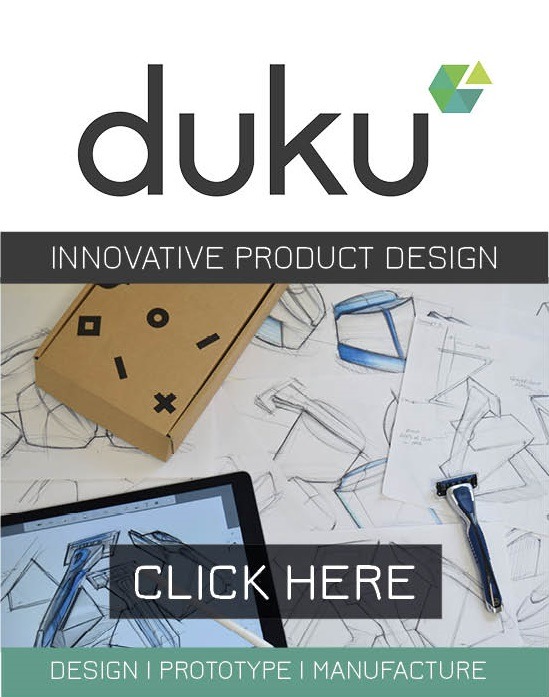
The European Patent Office has recently issued a decision that a machine cannot be named as inventor for a European patent application.
On 27 January 2020, the EPO refused two European patent applications (EP3564144A1 and EP3563896A1, relating to a food container and a light for attracting attention in an emergency respectively) on grounds that they do not meet the legal requirement set out by the European Patent Convention (EPC) that an inventor designated in the application has to be a human, not an artificial intelligence (AI) system.
According to Rule 19(1) EPC, a designation of inventorship is required if the applicant is not the inventor or sole inventor, and the designation shall state the family name, given names and full address of the inventor. The designation should also contain a statement indicating how the right has been passed from the inventor to the applicant (Article 81 EPC), typically by employment or assignment.
For these two applications, the applicant, Mr Stephen Thaler, had designated a machine, DABUS, as inventor. Mr Thaler initially indicated that he had acquired the right to the patents as employer, then later changed to as successor in title. He explained that the inventions had been made by the machine and argued that the machine should be recognised as the inventor. Mr Thaler contends that failure to do so would effectively exclude inventions made by machines from patentability.
However, the decision handed down by the EPO indicates that the concept of ‘inventor’ refers only to a natural person, i.e. a human being, which is afforded various rights under the EPC, including the initial right to the European patent, the right to transfer this ownership, and the right to be mentioned as inventor. In the EPO’s opinion, AI systems or machines can have no such rights because they have no legal personality according to present legislation, legal systems or case law. As such, AI cannot have rights that come from being an inventor.
The EPO’s opinion is largely in line with the view taken by many major countries, such as UK, USA, China, Japan and Korea. Hence, it coincides with the internationally recognised standard.
What is further detrimental to these two applications is that the applicant had apparently indicated throughout the proceedings that he wishes the AI machine to be designated as inventor, even after being given the opportunity to rectify the deficiencies by naming a human. Therefore, given the EPO has ruled that AI machines cannot have any legal rights and they can be neither employed nor can they transfer any rights to a successor in title, the applications have been refused on grounds of not meeting the formal requirements under the EPC. The only remedy now available to the applicant is to file an appeal to the decisions.
Given the advances in artificial intelligence in recent years in a wide range of industries, it is expected there will be more and more cases like these which will challenge the status quo. It seems that a wider debate regarding AI as personalities is required. Should the human owner of an AI machine be named as inventor of an AI-created invention (even though the human is not actually responsible for the inventing), and should a patent for such an invention be granted to its owner simply because of ownership? On the other hand, refusal to grant a patent on grounds that AI invented the invention could hinder innovation and technological development.
It is interesting to note that for example, in the UK, copyright of a computer-generated literary, dramatic, musical or artistic work belongs to the human author which has undertaken arrangements necessary for the creation of the work.
What is the take home message of these two EPO decisions? Be sure to name a human as inventor for your patent application, at least for the time being.


